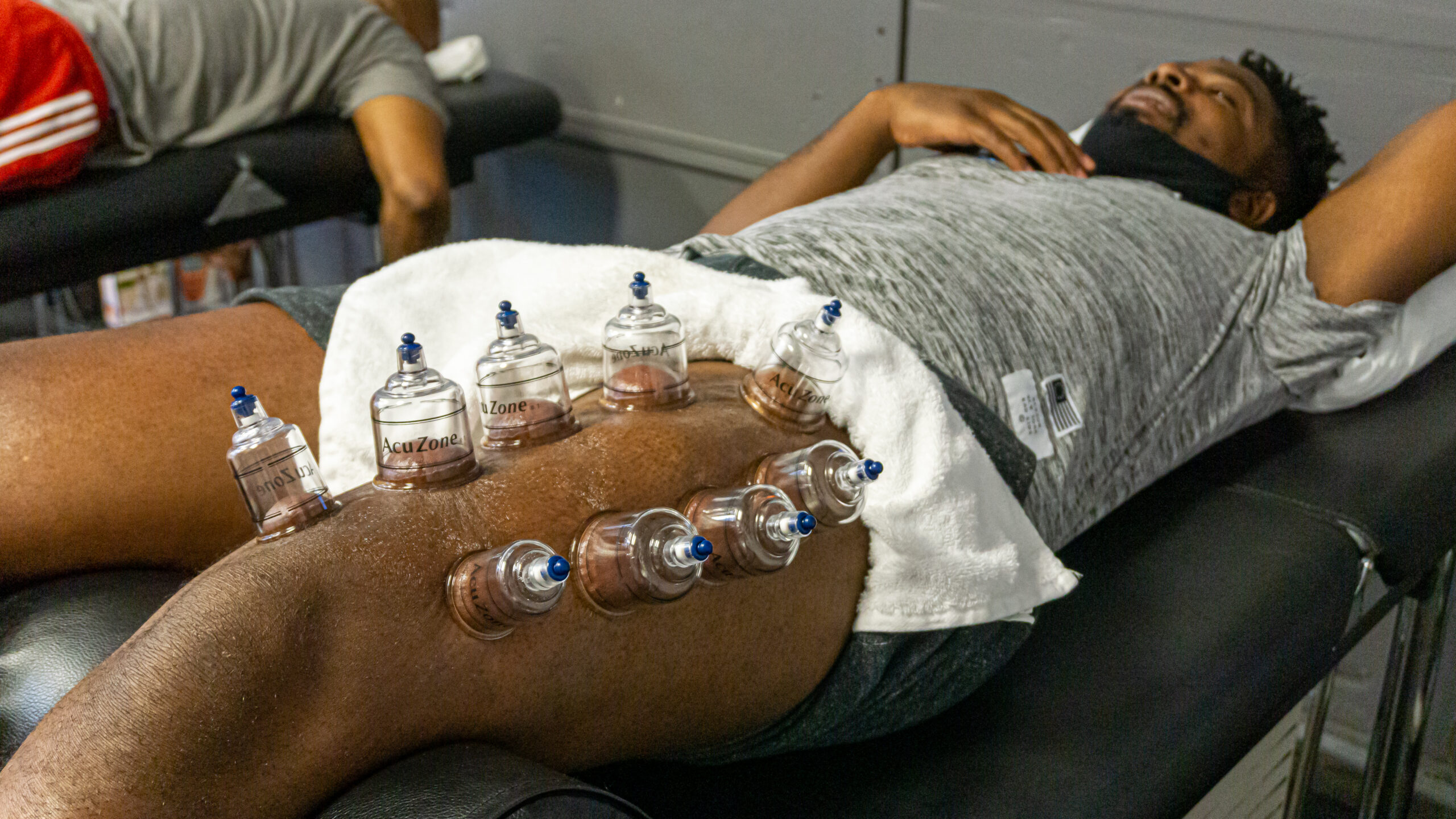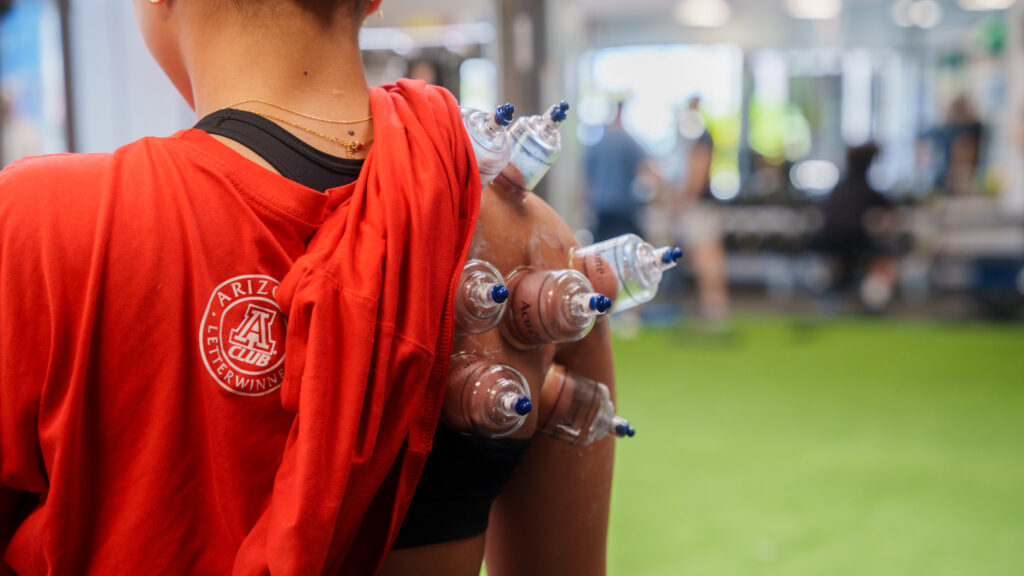Cupping is a massage technique derived from ancient Chinese medicine. The practice is gaining popularity in America, though it's been in use
for thousands of years.
Cupping treats pain, stress, allergies, muscle aches & inflammation, and is even supposed to help with colds and flu.
If you've never experienced a cupping therapy session, you might wonder what to expect. Keep reading to learn what to expect after cupping therapy.
Massage Cupping Therapy Treatment
Cupping is especially popular among
professional athletes where it's used for sports recovery and pain relief.
The cups in cupping therapy are bamboo, glass, silicone, or other earthenware. After heating the cups with fire, the practitioner places the cups on your skin. The heated open side goes against the skin.
The cups won't burn you! A suction forms as the cups cool down. This draws the skin into the cup.
The practitioner leaves the cups on your skin for about 5-10 minutes.
This is the dry-cupping method.
Wet cupping involves drawing blood at the cup sites after removing the cups. In wet cupping, the cups are only on the skin for a few minutes.
The Underlying Therapy
The Chinese have a term for life force -
qi. Traditional Chinese Medicine (TCM) uses acupuncture, acupressure, and cupping for balancing the qi energy in the body.
Energy is positive and negative. Having balanced energies in the body translates into increased blood flow and pain reduction.
What to Expect After Cupping Treatment
You'll likely have circular marks around the areas where the cups were. The marks should resolve within about 10 days.
If your treatment is wet cupping, there is a small risk of infection around the cupping sites. Always use an experienced cupping practitioner.
Should Some People Avoid Cupping?
Don't get a cupping treatment if you take blood thinners. Avoid cupping if you have thin skin, varicose veins, or a recent tattoo.
Pregnant women should also avoid cupping. If you have cancer, stress fractures, or blood clots, then cupping isn't for you.
If you have any concerns about whether you're a candidate, talk to your doctor and the cupping practitioner.
Are You Ready for a Cupping Treatment?
Now that you know what to expect after cupping, are you ready for a cupping treatment?
If you suffer from pain, stress, excessive fatigue, or allergies, why not try? You've got nothing to lose and a lot to gain.
Are you wondering about sports performance and the benefits of training?
Contact us here!

